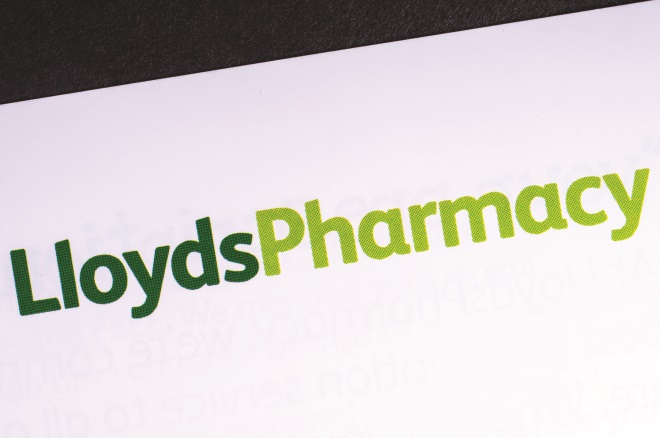
Shutterstock.com
LloydsPharmacy has reduced its leading look-alike, sound-alike (LASA) dispensing error by 77% during 2020 as part of Safer Care, the multiple’s patient safety programme, it has said.
Speaking at the Community Pharmacy Patient Safety Group Virtual Conference on 30 June 2021, Victoria Steele, superintendent pharmacist at LloydsPharmacy, said that confusing amlodipine and amitriptyline when dispensing had previously accounted for 50% of the company’s LASA errors.
“We wanted to know what we could do differently,” Steele said.
Following a workshop held at the multiples’ safety conference in November 2019, she set the company a target to “eliminate this error over the next 12 months”.
Steele said the actions taken to address the error rate included moving amitriptyline to the area of dispensaries with medicine names that begin with ‘Y’; recording who had picked, labelled, dispensed and checked prescriptions — an idea borrowed from oncology pharmacy — and the use of a LASA stamp. The company also held “safety huddles” once a month.
The multiple also amended its near-miss logs to include LASA errors and made LASA details a compulsory part of safety care briefings.
Although the objective to reduce these errors to zero over the following year had been set in November 2019, Steele said the COVID-19 pandemic had meant the company had to “spend a few months with our minds elsewhere”.
The challenge was relaunched in July 2020, Steele continued, and had led to an overall 77% decrease in the error in 2020. There were no amlodipine/amitriptyline LASA errors at all in December 2020, she said.
Steele added that the focus on eliminating amlodipine/amitriptyline LASA errors had led to a “halo effect”, with a “35% reduction in our other top errors”.
She added that 2020 was “year one in our error reduction programme”.
“We are looking at our data and focusing our attempts in a data-driven fashion: the number of people affected and possible harm caused,” she continued.
The company’s focus now is on reducing errors in transfer of medicines to patient errors, and with community dosage systems, Steele said.
Using data from the National Reporting and Learning System, NHS Improvement has identified five medicines pairs that are most likely to be involved in LASA errors: amlodipine/amitriptyline; atenolol/allopurinol, azathioprine/azithromycin, carbamazepine/carbimazole, and propranolol and prednisolone.
The Community Pharmacy Patient Safety Group has developed resources to help pharmacy teams minimise LASA errors with these medicines.
READ MORE: Reducing risk and managing dispensing errors


